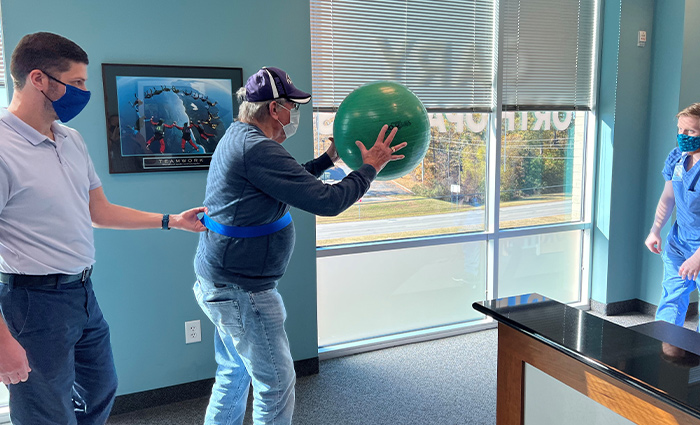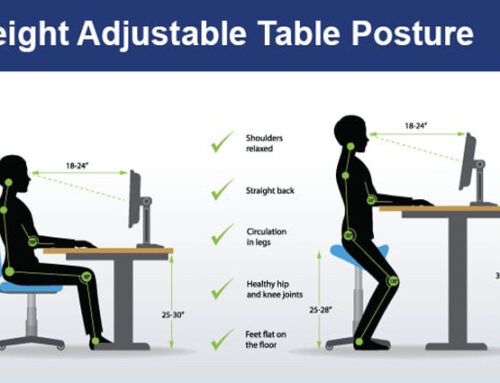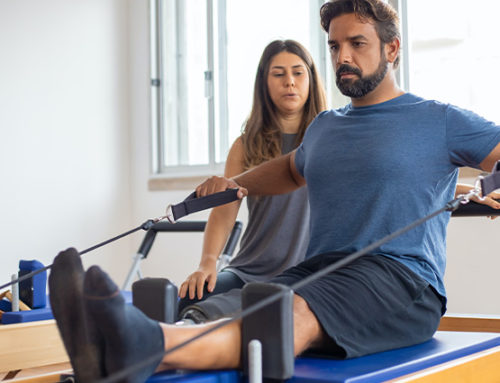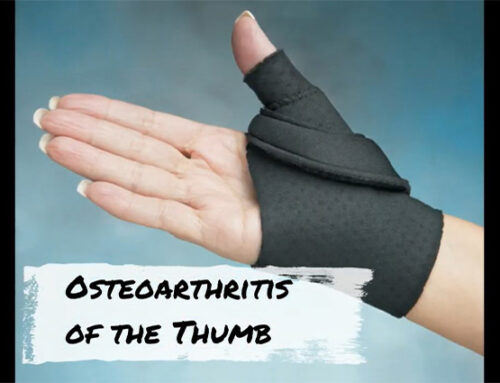As children, we develop good balance from jumping, walking along walls, spinning and climbing. As adults, we often take balance for granted. But, it’s important to remember that the complex system of balance needs regular attention to function properly and avoid injury.
Here, physical therapist Kevin Raymond, PT, DPT, Cert DN, OCS, provides valuable insight on the importance of balance as you age.
What are the risks of poor balance?
The prevalence of balance and gait deficits increases as we age and is associated with the increased risk of falls seen in the elderly population. These falls often have significant consequences, resulting in painful injuries or even death. It is suggested that nearly 25% of adults over 65 will suffer a fall this year. Studies show that 13% of adults between the ages of 65 and 69 have reported imbalance, and this number increases to 46% in those 85 and older.
Stability is an important marker of gait in the elderly, with local dynamic stability being a valid predictor of the risk of falls. Gait instability increases in the fourth to fifth decades of life.
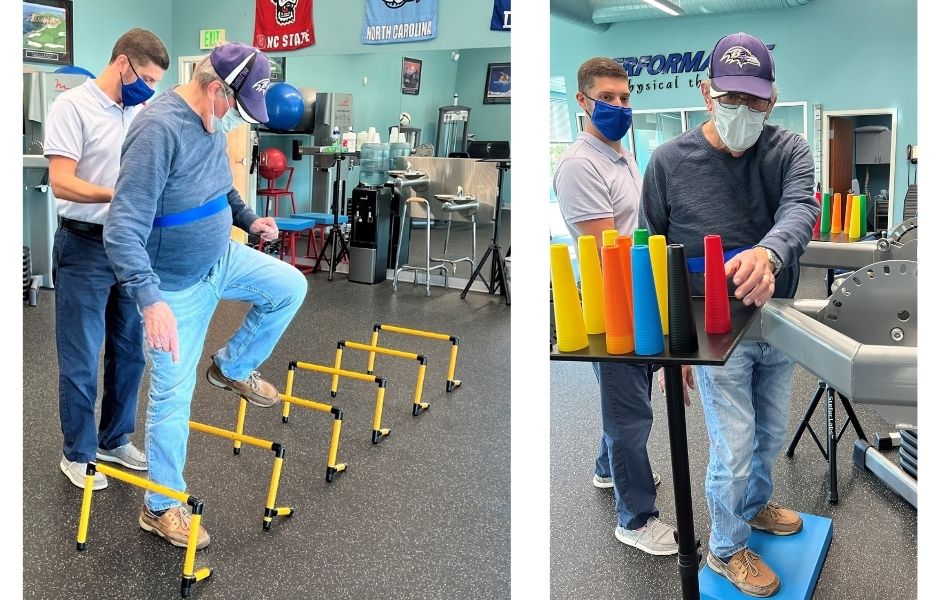
Physical therapist Kevin Raymond, PT, DPT, Cert DN, OCS, assists a patient with balance exercises.
What can you do to maintain balance as you age?
Physical therapists can help to reduce the risk of falls through total body strengthening, stretching, proprioception exercises, visual tracking and inner ear retraining. Your physical therapist can help treat your balance issues by identifying their causes and designing an individual treatment program to address your specific needs.
A few ways physical therapy can help:
- Improve mobility to help you move easier, and with coordination and confidence.
- Improve your balance by teaching exercises and progressing them at an appropriate pace.
- Strengthen your body, specifically hip and trunk muscles, by prescribing specific exercises for your needs.
- Enhance flexibility and posture by teaching gentle stretches, as good posture is essential for balance.
- Instruct you on the use of an assistive device, such as a cane or walker, if needed.
Physical therapy in Raleigh, Cary, Morrisville and Holly Springs
The experts at Cary Orthopaedics Physical Therapy understand that each patient is unique. We tailor our treatment programs to meet the individual needs of every patient and help them on the road to recovery. If you or a loved one are suffering from balance difficulties, contact us today to learn more about how physical therapy can help.

